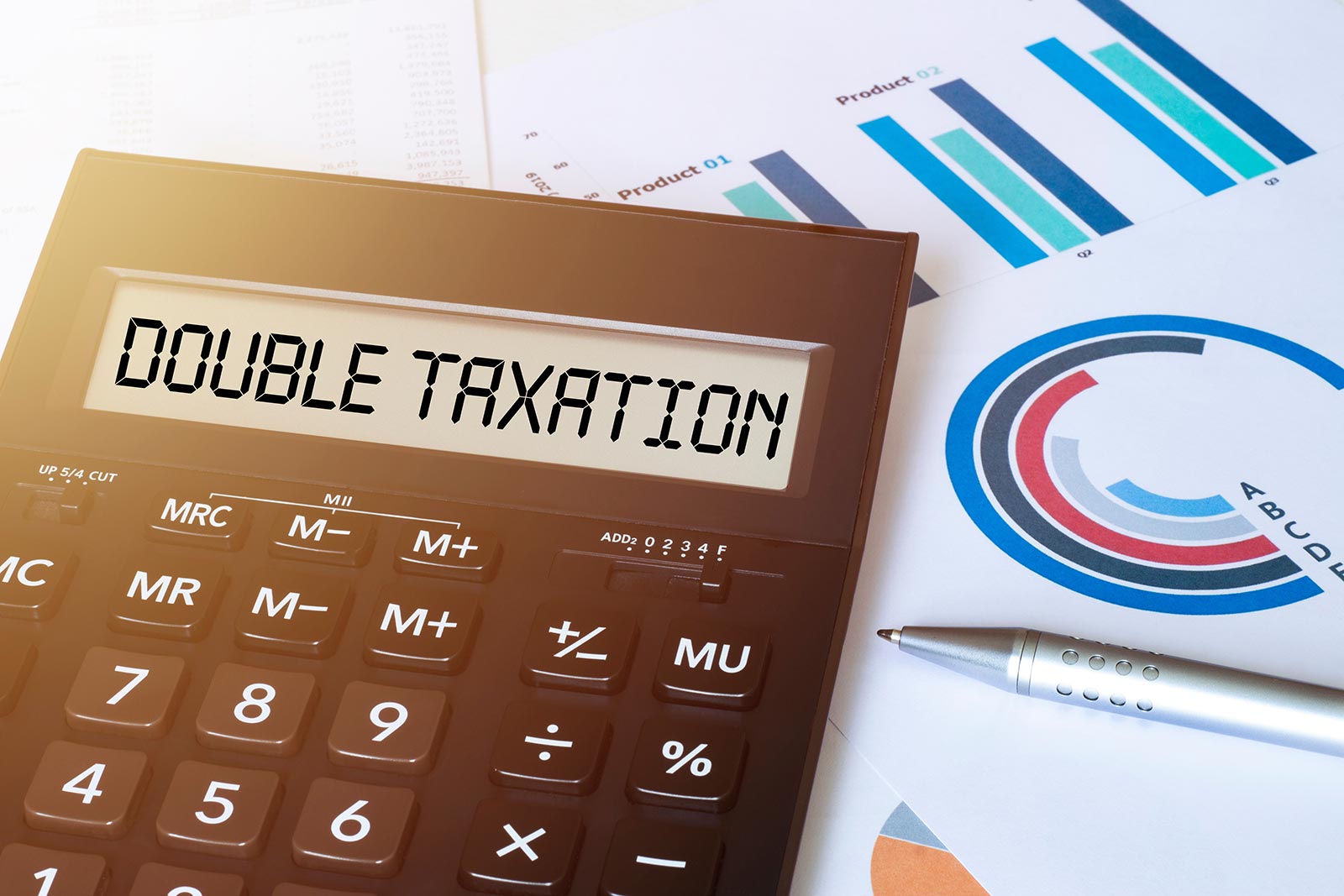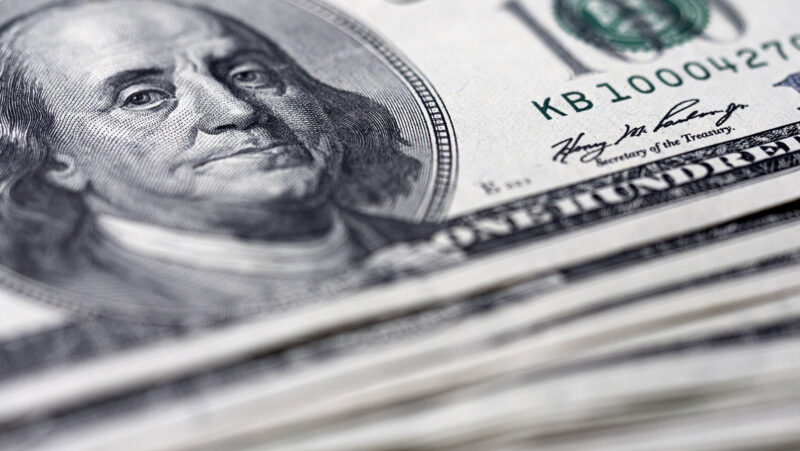An often-overlooked issue for incorporated healthcare professionals is the potential for the value of their professional corporation shares to be taxed twice (i.e. “double tax”).
When a shareholder dies, the shares of a company are deemed to be disposed at fair market value (“FMV”) at the date of death. Unless the shares are transferred to a surviving spouse, the estate pays income tax on the capital gain resulting from the deemed disposal of the shares.
Double tax arises when the same value is taxed again, as a dividend, as the corporation distributes its assets to your heirs at the settlement of your estate This is a significant issue if left unattended in your estate planning.
For example, if your shares are worth $5 million, a $5 million capital gain arises in your final tax return. Assuming your top marginal tax rate is 26.76 percent, which is the top Ontario rate for capital gains, your estate pays capital gain taxes of approximately $1.3 million.
The same $5 million of value will be taxed again, as a dividend, when the corporation distributes its assets to your heirs. Their personal tax obligation on the dividend, assuming a dividend tax rate of 39.34 percent, would be almost $2 million.
The combined taxes of $3.3 million on $5 million of share value means the effective tax rate on your shares is almost 67 percent.
Strategies for Eliminating Double Tax Exposure
Fortunately, with appropriate tax planning, there are strategies to eliminate double tax exposure. Four of these strategies are:
- Redemption of shares prior to death;
- Corporate “Pipeline” strategy;
- Wind up of company within the first year;
- Redemption of shares at death using life insurance.
(These strategies can be quite complex. For simplicity, our discussion of the strategies assumes the shares are not transferred to your spouse and the lifetime capital gain exemption is not available).
This article will address the strategy to redeem shares prior to death.
This strategy requires your corporation to buy back (i.e. “redeem”) its shares from you during your lifetime. The proceeds from the redemption would generally trigger a taxable dividend in your hands.
For example, if shares worth $5 million are redeemed, you would receive a taxable dividend in the amount of $5 million. Your tax obligation, assuming an eligible dividend tax rate of 39.34 percent, would be $2 million. Once all shares are redeemed and cancelled and no longer exist, there is no deemed disposition at death and no capital gain for the estate. Accordingly, double taxation does not arise because the only tax paid was on the dividend from the redemption.
This strategy is particularly useful where there is a need to convert your shares to cash in order to fund your lifestyle needs. Otherwise, retaining the shares until death defers the tax obligation to the greatest extent. In addition, the corporation will need funding for the redemption, which can create cash flow challenges.
Careful ongoing planning for a redemption strategy is required to balance your ongoing cash flow requirements, optimize personal tax rates, minimize OAS claw back and reinvest proceeds in the most tax-efficient manner.
Need help with your planning to avoid double taxation? The experienced team of professionals at Ernst and Company is available for personalized assistance. Contact us today.






